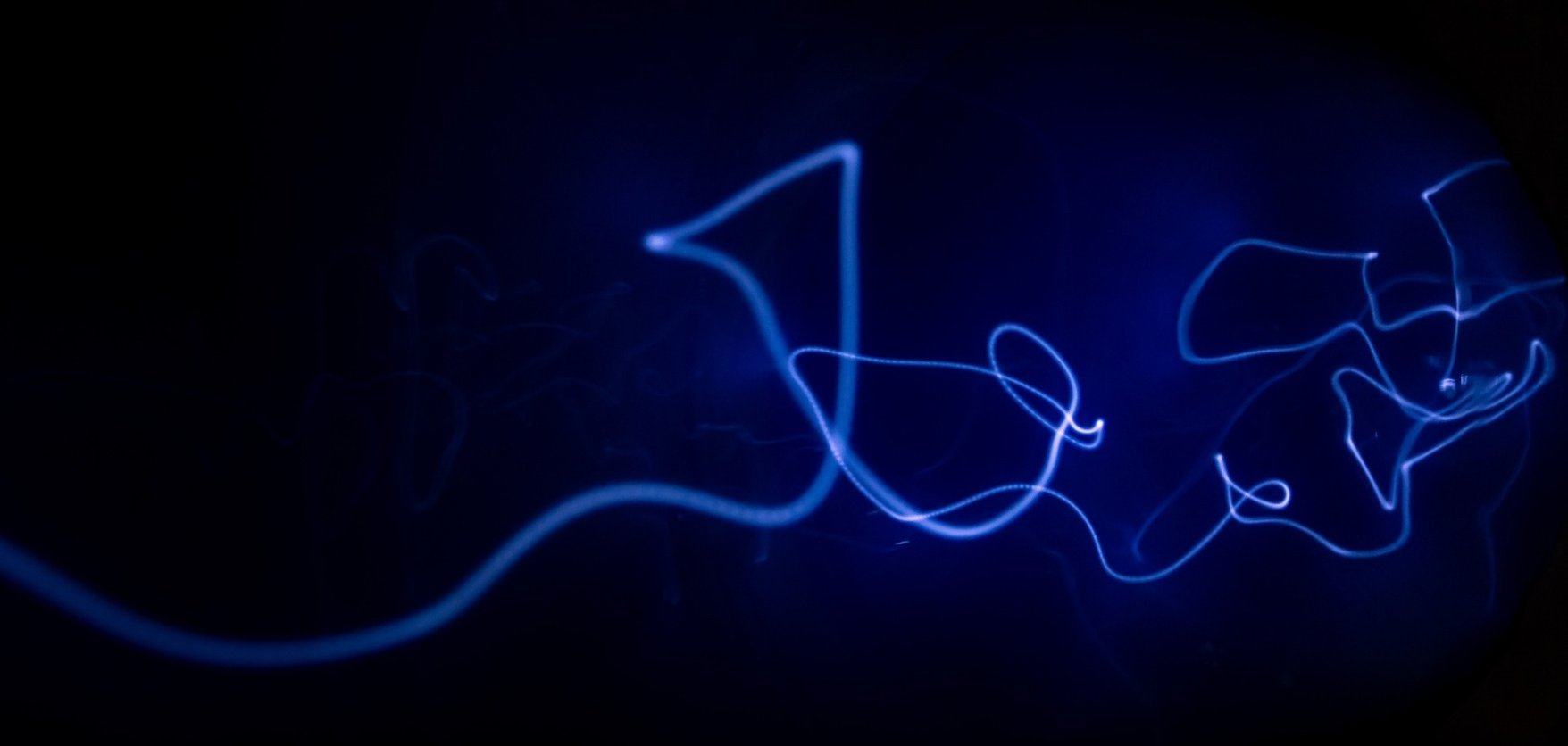AI
The AI Revolution: Are you ready to adapt?
13 April 2023 • 4 min read

As the sun sets on traditional methods of productivity, a new dawn awaits those who embrace the power of artificial intelligence. If you're not careful, it's going to leave you behind.
Think about it: you're probably reading this article on a device that wasn't even invented 10 years ago. And in another 10 years, the technology we're using right now will be as outdated as a CD Player.
How does AI work?
Let’s take ChatGPT as an example. It launched as a prototype in late 2022, and has been growing exponentially in its adoption and use cases since, boosting productivity and innovation in teams and personal projects alike. Created by OpenAI, ChatGPT examines enormous amounts of text and calculates the probability of what the next word might be, rather than the next few letters. It leverages a method called "transformer architecture" that helps it understand the context and relationships between words in a sentence. The model is fine-tuned using a process called reinforcement learning from human feedback (RLHF), where competing outputs of the AI are ranked by quality, and the model learns from these rankings to improve its predictions.
This sophisticated approach is applied to the trillions of examples in its dataset, undergoing multiple rounds of training. The training process is so computationally intensive that, if attempted on a single GPU, it would have taken 355 years.
What emerges from this whole process is a text prediction system that generates outputs that feel uncannily like words written by a human. Queue 5 million people sharing their version of Beyonce’s ‘Single Ladies (Put a Ring on It)’ in the style of a Shakespearean sonnet.
Incidentally the correct version is:
To all ye maidens fair and unespoused,
Who tread the path of life in solitude,
I call thee now, with voices raised and rous'd,
To lift thy hands in sisterhood renewed.
The ethical concerns of AI
While the remarkable capabilities of OpenAI's ChatGPT offer immense potential for tasks such as drafting lengthy documents, transforming text types, classifying inputs, and even serving as a personal mentor, it is crucial to remain aware of certain concerns.
Firstly, although OpenAI addresses ethical issues by actively preventing the service from generating damaging outputs, some problematic content may slip through. As the system is fueled by human knowledge, there is a high likelihood that it will perpetuate existing biases in the training data unless specifically counteracted. Consequently, we must be vigilant in recognizing stereotypes and proactively prevent any negative biases.
Secondly, the AI confidently displays information without distinguishing between truth and falsehood. This is because it doesn't possess factual knowledge but instead understands what good language looks like, which often appears assertive. As such, we should approach outputs from virtual assistants with a healthy dose of scepticism.
Lastly, we must consider the potential impact on job disruption. According to a paper by OpenAI, OpenResearch, and the University of Pennsylvania, nearly half of all jobs could see up to 50% of their tasks serviced by GPT technology. This disruption disproportionately affects higher earners and university-educated individuals, and poses significant consequences for society as a whole.
Being human
If we are to thrive in this brave new world, we must focus on enhancing our uniquely human qualities: namely communication, empathy, and creativity. By honing these skills, we can work alongside AI, enabling our own professional development in the face of rapid technological advancements.
Communication
In a world where AI can analyse and process information at astonishing speeds, human communication skills become even more crucial. As we delegate repetitive tasks to AI, our role will shift toward setting goals, facilitating collaboration, negotiation, and decision-making. Sharpening our communication skills will enable us to effectively engage with diverse teams, bridge gaps between AI and human coworkers, and ensure the successful implementation of AI solutions.
Collaboration
Although AI can analyse data and recognize patterns, it is limited by the biases and prejudices inherent in its training data, which reflects the flaws and imperfections of human interaction. By nurturing our empathic abilities, we can not only forge strong relationships and foster inclusive work environments, but also actively work to subvert and refactor these underlying biases and stereotypes. In doing so, we can ensure that AI serves as a tool for creating a more just and humane society, rather than perpetuating the very problems it was designed to help solve.
Creativity
Creativity is the lifeblood of innovation. While AI can mimic certain creative processes, it lacks the ability to think outside the box and make the imaginative leaps that humans can. By enhancing our creative skills, we can unlock new ideas, discover novel solutions, and stay ahead of the AI curve.
The AI revolution is here, and we must adapt or risk being left behind. By embracing our human qualities and cultivating communication, empathy, and creativity, we can ensure our professional survival in the age of AI.
As creative technologist and CTO Misch Strotz says:
"AI will not replace humans, but humans with AI will replace humans without AI."
The sun may be setting on traditional methods, but for those who harness the power of human ingenuity, a bright new dawn awaits.
If you want to find out how to harness these new approaches why not reach out - perhaps we can make you AI enabled too.
Adam Hall is a Principal Technologist at AND Digital, obsessed with how AI can be used to improve team morale and performance. He can be found telling AI to make unusual art on Instagram.



